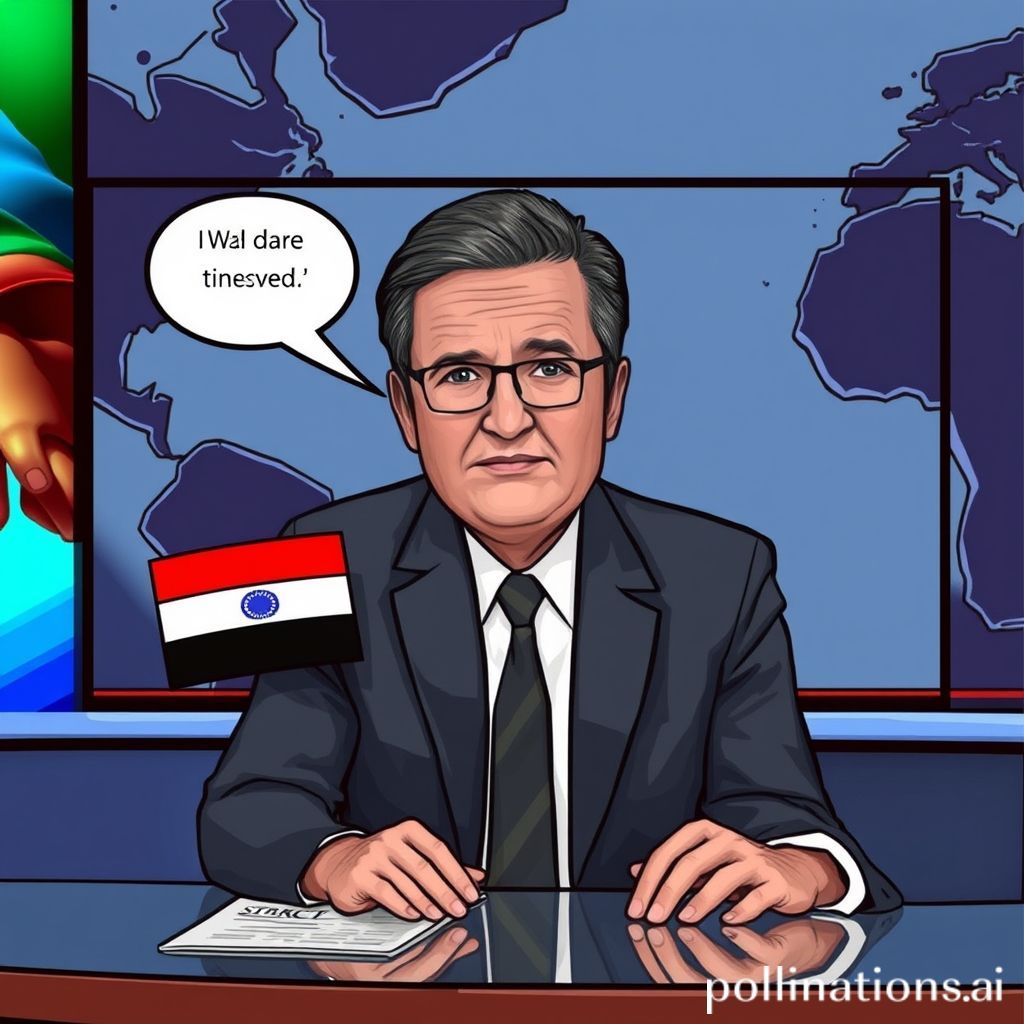
Jon Stewart Nails Exactly Why Trump Officials' Iran Responses Go 'Beyond The Silliness'
Jon Stewart Nails Exactly Why Trump Officials' Iran Responses Go 'Beyond The Silliness'
Hey everyone,
Let s be honest, political commentary can often feel like wading through treacle. But sometimes, someone cuts through the noise and delivers a moment of clarity that s both insightful and, well, entertaining. That's exactly what Jon Stewart did recently when discussing the responses from Trump administration officials regarding Iran. Forget the usual partisan squabbles, Stewart zeroed in on something far more fundamental and frankly, more worrying.
The Setup: Context is Key
To fully understand Stewart's point, we need a little background. During Donald Trump's presidency, tensions with Iran were consistently high. The US withdrawal from the Iran nuclear deal, coupled with escalating sanctions, created a volatile situation. In response to various Iranian actions, or perceived actions, former Trump officials made statements that often seemed contradictory, exaggerated, or simply detached from reality.
Stewart's Critique: More Than Just Incompetence
Stewart, in his signature style, didn't just mock the supposed incompetence of these officials. He went deeper. He argued that their responses, while often appearing silly on the surface, represented a far more dangerous trend: a willingness to manipulate information and bend the truth to fit a pre-determined narrative, regardless of the potential consequences.
He highlighted how these officials would often present information about Iran without providing proper context, cherry-picking facts to create a sense of imminent threat. This, Stewart argued, wasn't merely a case of poor communication, but a deliberate strategy to justify a specific policy agenda, even if it meant risking escalation or miscalculation.
The Danger of Disinformation: A Slippery Slope
Stewart's argument resonated because it touched upon a broader issue: the erosion of trust in institutions and the rise of disinformation. When government officials, regardless of their political affiliation, are perceived as being dishonest or manipulative, it undermines public confidence and makes it harder to have informed debates about critical issues like foreign policy.
Think about it. If the public can't trust the information coming from its leaders, how can it make informed decisions about complex issues like military intervention or international agreements? The answer, of course, is that it can't. This creates a vacuum where fear and suspicion can thrive, making it easier for those in power to push their own agendas without accountability.
Beyond the Soundbites: Understanding the Nuance
The issue with Iran is incredibly complex. Here's a quick comparison of different approaches:
| Approach | Focus | Potential Benefits | Potential Drawbacks |
| | | | |
| Trump Administration | Maximum pressure, sanctions | Could force Iran back to the negotiating table, weakens its economy | Risk of escalation, alienation of allies, humanitarian crisis |
| Obama Administration | Diplomacy, nuclear agreement | Reduced risk of nuclear proliferation, improved relations | Critics argue the deal was too lenient, didn't address other Iranian actions |
| European Approach | Preservation of the nuclear agreement, dialogue | Maintains diplomatic channels, avoids escalation | Limited leverage over Iran, strained relations with the US |
As you can see, there are different perspectives, each with its own set of pros and cons. The problem, as Stewart pointed out, is when these approaches are presented dishonestly, without acknowledging the complexities or the potential risks involved.
The Implications: Why This Matters
Stewart s critique isn't just about Iran. It speaks to a larger issue of accountability and transparency in government. It's a reminder that we, as citizens, have a responsibility to be critical consumers of information, to question the narratives presented to us, and to hold our leaders accountable for their words and actions.
It s easy to dismiss political rhetoric as just politics as usual. But when that rhetoric crosses the line into deliberate manipulation and disinformation, it becomes a threat to democracy itself. Stewart's commentary served as a wake-up call, reminding us that we can t afford to be complacent in the face of dishonesty, no matter how silly it might seem on the surface.
Final Thoughts: A Call for Critical Thinking
Ultimately, Jon Stewart's analysis was a powerful reminder of the importance of critical thinking and media literacy. In a world saturated with information, it's more important than ever to be able to distinguish between facts and opinions, between honest analysis and deliberate manipulation. By holding our leaders accountable for their words and actions, we can help to ensure that our democracy remains strong and resilient. It is about demanding honesty and integrity from those in power. It s about recognizing that the pursuit of truth is never silly, and that holding power accountable is essential to a healthy democracy.
Sources:
(For specific quotes and instances referenced by Jon Stewart, please refer to transcripts or video clips of his commentary on the relevant events.)
(Consider adding links to relevant news articles or reports about the Trump administration's Iran policy.)
Comments
Post a Comment